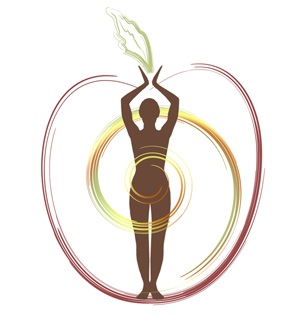What is a doula?
A doula (pronounced doo-lah) is a birth companion who assists the birthing person throughout their pregnancy, labor, birth and postpartum phases. The doula is educated in the birthing process and can provide much needed emotional and physical support including comfort techniques, birth preparation, coaching through labor and delivery, and supportive postpartum services that allow for healing with confidence.
Doulas are notorious for supporting not only the birthing parent but the partner as well by answering their questions, addressing concerns, encouraging involvement in the birth process, and reassuring their role as a parent and partner.
Some doulas have specialized training and experience in nutrition, hypnobirth, homebirth, labor prep and postpartum steaming, lactation, pregnancy and/or infant massage, pregnancy loss, and grief counseling to name a few.
Why have a doula?
Well, statistics show that doula-assisted pregnancies and births reduce:
cesarean rate (50%)
actual labor time (25%)
epidural requests (60%)
oxytocin use (40%)
analgesia use (30%)
forceps delivery (40%)
Source: Mothering the Mother
Plus, doulas are birth experts. Most are trained and often have years of experience with various pregnancy, labor and postpartum scenarios. As professionals, they know a LOT about what you will encounter and have knowledge to share that can help to ease your mind and body during this time. As your personal advocate, their primary concern is doing all they can to assist in YOU having the best possible care for the best possible birth outcomes.
Will the Doula replace the father or partner?
Studies show that in the presence of a doula, partners usually experience birth as an emotional journey of their own, remain objective, and participate more actively during labor. A responsible doula supports, and encourages the partner's style while enhancing their experience.
How important is nutrition during pregnancy?
When pregnant, eating healthy foods is more important than ever. Expectant parents need more protein, iron, calcium, vitamins, minerals and calories than before pregnancy. The foods chosen to eat are the main source of nutrients for the developing baby.
Not all calories are equal. Your baby needs healthy, whole, nutrient-dense foods, not "empty calories" found in processed foods like soft drinks, candies, and desserts.
Source: Dept. of Health and Human Services Office on Women's Health
